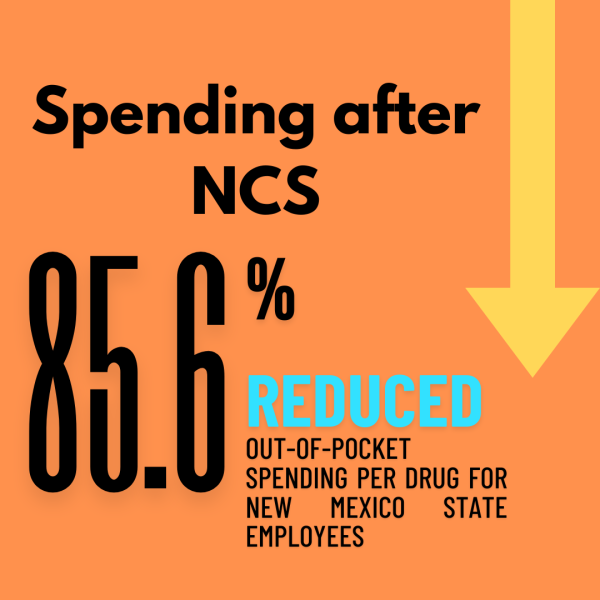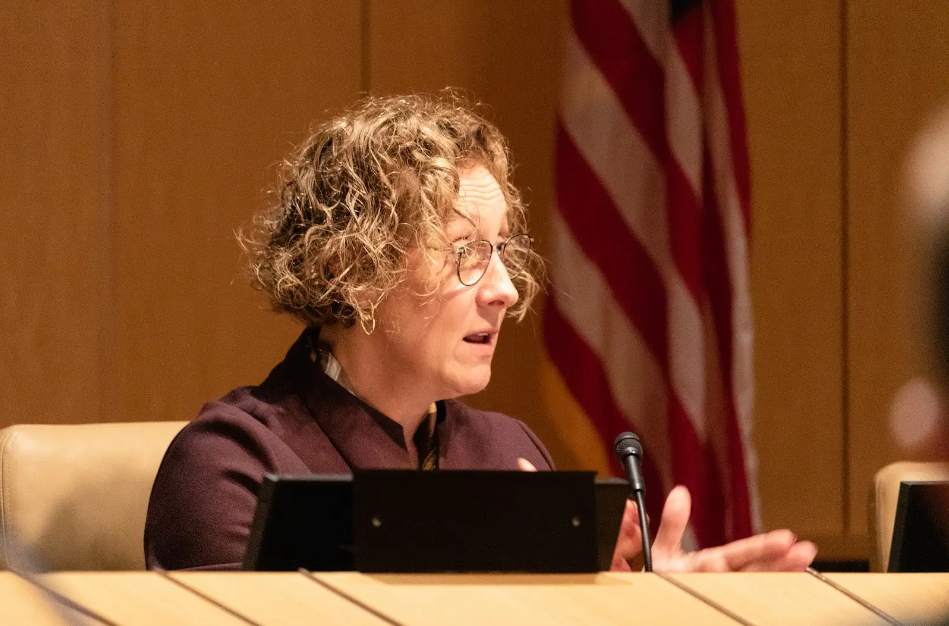University of Minnesota researchers examined recently enacted and in-committee state policies that expand pharmacists’ scope of practice, expand accessibility and help with the underuse of mental health-related prescription drugs.
One researcher examined California laws that make HIV-preventative medication more accessible by allowing independent pharmacies to not only dispense but prescribe.
Ezra Golberstein, a School of Public Health associate professor and lead author of the study, said he heard about the New Mexico law shortly after it was passed in 2021.
“No state in the country has ever passed a law quite like that,” Golberstein said. “It really is a very striking policy change, and my first thing to do was check with some colleagues in New Mexico to make sure that this was real.”
The “No Behavioral Health Cost-Sharing” law is the first law in the nation of its kind, prohibiting out-of-pocket payments for prescription drugs among patients, Golberstein said. The law only covers patients within commercial state-regulated insurance plans.
Cost-sharing is the dividing of the cost of health services between the patient and their insurer, according to the National Institute of Health. This can decrease the amount paid by an insurance policy but shifts the cost onto patients.
The study used prescription data from roughly 47,000 individuals to analyze the effects on out-of-pocket spending and dispensing of prescription drugs after the law was passed, according to Golberstein.
The study found that the average out-of-pocket costs for mental health and substance use disorder treatments decreased by 85.6% because of prohibiting cost-sharing, according to Golberstein. One caveat in the study was that the researchers only looked at the first six months of the policy after the change due to data limitations.

“If we hadn’t seen that, it would have been pretty concerning actually,” Golberstein said. “We didn’t find any statistically significant difference in the volume of drugs that were dispensed.”
According to the data in New Mexico, there was a significant increase in the volume of patented on-brand drugs and drugs that are altogether more expensive, Golberstein added. Overall, there was no significant change in the volume of prescription drugs dispensed.
“One of the most frequent reasons that people give for not getting care is because of affordability concerns,” Golberstein said. “The hope here is that eliminating cost-sharing for mental health and substance use disorder services will reduce that affordability barrier, but it remains to be seen how effective that will be and that’s what we’re going to be continuing to study.”
The stigma surrounding mental health services, trouble in finding a clinician and cost-related access issues are all reasons why mental health services are underused, Golberstein added.
Joel Farley, a professor and associate department head in the Department of Pharmaceutical Care and Health Systems, has done program evaluations on the impact of making medications free for patients with chronic conditions.
“I applaud the idea of including mental health, one of those conditions where we need to think about protections for patients in a state law,” Farley said.
Historically, patients have been asked to pay copayments or coinsurance so that they have a vested interest in making sure they use their medications efficiently because of a concern of potential waste, according to Farley.
“It might prevent patients from hoarding medications, or getting more inhalers than they need,” Farley said. “But, it also causes an affordability problem and patients may not get medications they really need.”
Pharmacists dispensing HIV preventative medication in California
Raiza Beltran, an assistant professor in the Division of Epidemiology and Community Health, formerly worked as a postdoctoral researcher at the University of California, Los Angeles, looking at independent pharmacies in California and a 2019 law (SB 159) allowing them to prescribe HIV prevention medicine also known as PrEP.
The law aims to provide access to people who don’t want long wait times, Beltran said.
“A lot of the communities that are affected primarily in California are Black, brown and rural communities,” Beltran said. “Undocumented individuals are also affected because they have a strong mistrust for providers in the medical system, so these are non-traditional avenues where they can get services.”
In Minnesota, the Minnesota Pharmacists Association advocated for a similar law being reviewed in the Minnesota House Health Policy and Finance Committee, allowing pharmacists to prescribe and dispense HIV drugs and conduct laboratory tests under bill HF 3854, according to the National Community Pharmacists Association.
There is a new wave of pharmacists that want to do more clinical services in terms of assessing for HIV, Beltran said. Pharmacists need to sit down with the patient and talk about past sexual history, take an HIV test and have a connection with a testing lab, she added.
“Pharmacists aren’t getting the support that they need to take up these new services, essentially in their clinical services,” Beltran said.













